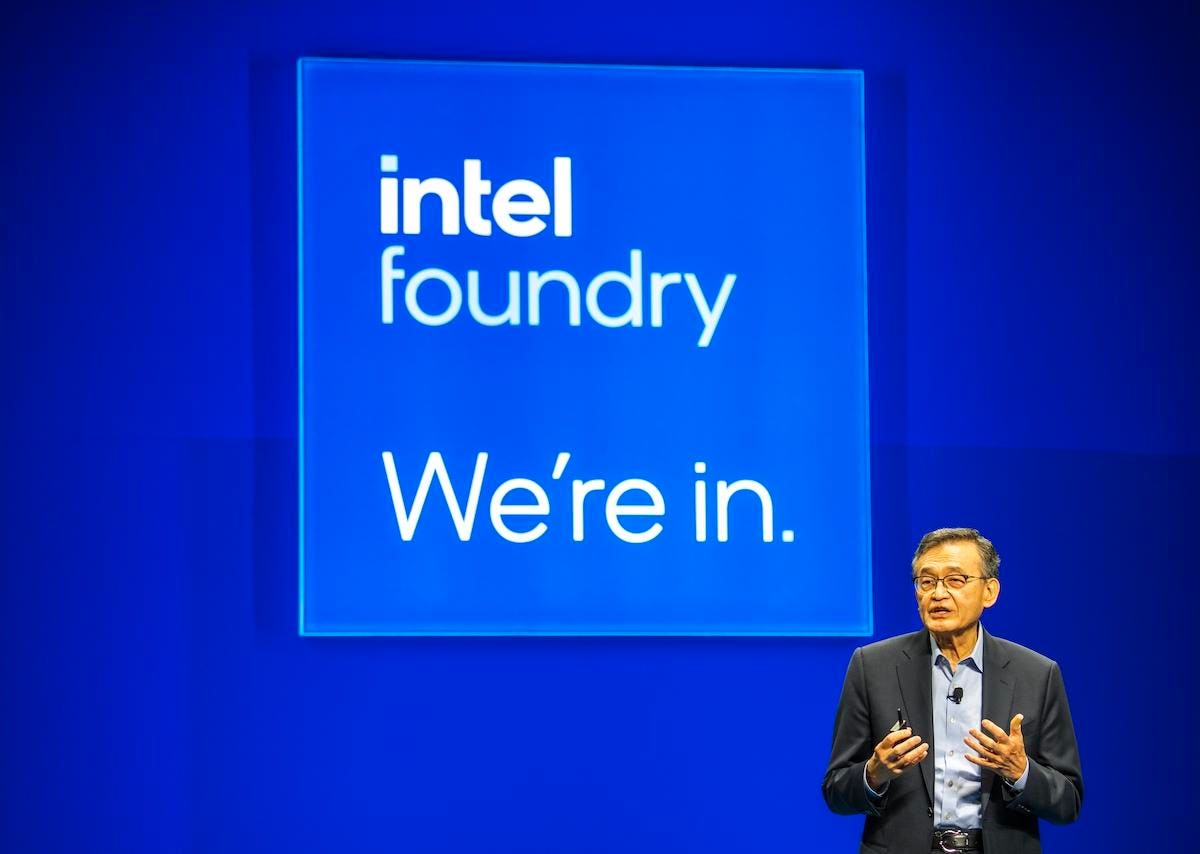Immigrants fill a majority need in the US healthcare workforce. Will they continue to play this … More
Immigrants are in the news a lot these days. Too often, the prevailing narrative casts them as laborers performing menial jobs that native-born citizens are unwilling to do. But that framing misses the mark—especially in healthcare.
Whether you’re admitted to a hospital, visiting your doctor, or having a test run in a lab, chances are high that you’ll be cared for by an immigrant. And in this moment—when immigration policy, enforcement, and public sentiment are all in flux—it’s more important than ever to recognize the knowledge, skill, and dedication immigrants bring to keeping our communities healthy.
The Employer Perspective
A newly released report from the Indeed Hiring Lab sheds fresh light on the critical role immigrants play in the U.S. healthcare workforce.
Among the key findings:
-22% of U.S. physicians are foreign-born
-17% of registered nurses are foreign-born
-23% of home health aides are foreign-born
The report also reveals that the share of U.S. job postings offering visa or green card sponsorship has surged nearly 285% since mid-2021, with healthcare leading the way. In May 2025 alone, nearly three-quarters of all postings that included immigration benefits were in the healthcare sector.
Why are healthcare employers turning to foreign-born workers? Three reasons stand out:
Healthcare has a labor shortage. The U.S. is projected to face a shortfall of 124,000 physicians by 2034. Across the broader healthcare sector, the Bureau of Labor Statistics anticipates 26 million job openings over the next decade. These roles simply cannot be filled by native-born workers alone.
Foreign-born workers have specialized skills. The U.S. grants 85,000 H-1B visas annually. These visas require a bachelor’s degree and specialized knowledge. (No wonder some nonprofit organizations, research institutions, and universities are exempt from the cap.) Though applications have gone down recently, the number of applicants is still three times higher than the 85,000 allotment. All of which tells us that foreign workers have the sort of specialized skills today’s healthcare jobs require.
Foreign-born workers fill geographic gaps. According to the AAMC, of the 2,000 U.S. counties classified as rural, more than 170 lack a hospital, clinic, or even a local facility where a pregnant woman can receive prenatal or delivery care. Perhaps not surprisingly, New York leads the country in jobs offering immigration support. And yet, research shows that graduates of international medical schools are “more likely to practice in counties with lower median incomes, to look after underserved populations, and to live and work in rural areas.”
It’s worth noting that the physician and author Abraham Verghese worked as a doctor in Johnson City, Tennessee, during the early days of the AIDS crisis. A friend of mine practices gastroenterology in Hemet, California, providing crucial care to local communities and saving patients the long trip to Los Angeles for consultations.
My Family’s Story
When I discuss immigrants and healthcare, I’m not just discussing data and theories. This topic is very personal to me.
My late father came to the United States from India to train as a physician—and he decided to stay. He wasn’t alone. Uncles, cousins, family friends—many of them physicians—followed similar paths. I remember sitting around the dinner table as a child, listening to them talk about their patients. They weren’t just sharing clinical cases. They were sharing stories of commitment, compassion, and community. They had come to America not just to build better lives for themselves, but to help others live healthier ones.
My dad’s community wasn’t just made up of doctors. Immigrants serve as nurses, physician assistants, phlebotomists, orderlies, and in many other roles. They are the backbone of our hospitals, clinics, and long-term care facilities. They are the ones holding hands in the ICU, drawing blood in the ER, and explaining discharge instructions in multiple languages.
As we debate immigration policy in this country, let’s remember: immigrants don’t just do the jobs “no one else wants to do.” They do the jobs that require deep knowledge, rigorous training, and profound empathy.
In fact, they do many of the jobs that keep us healthy.









